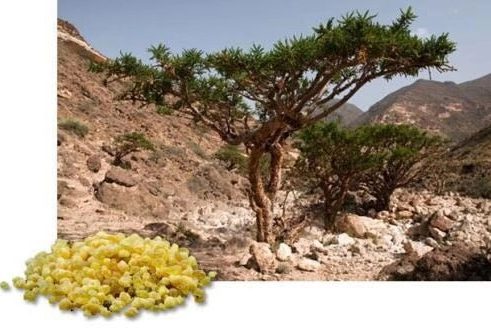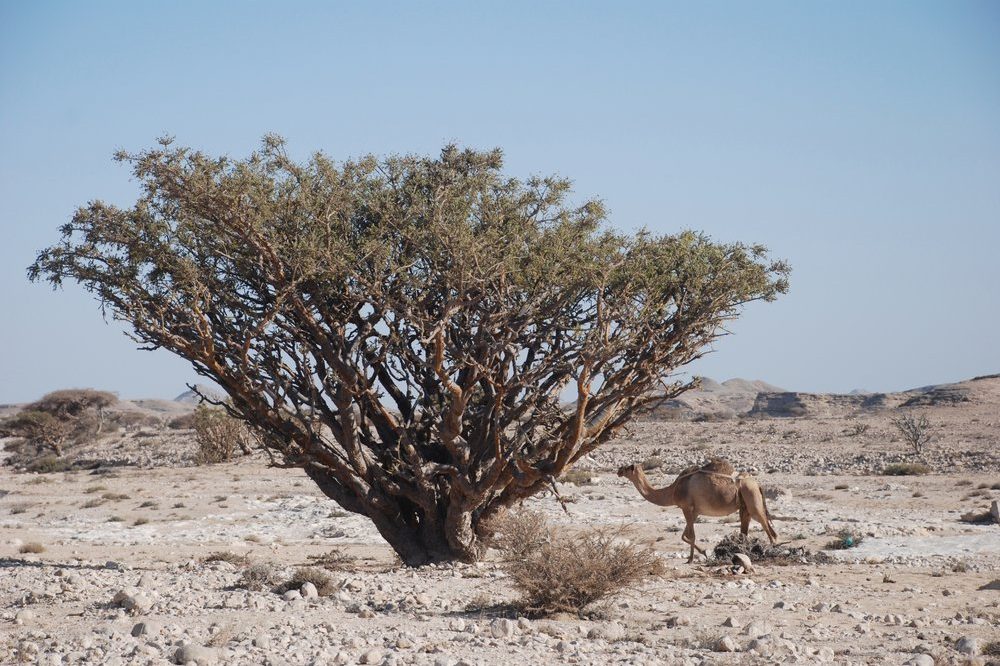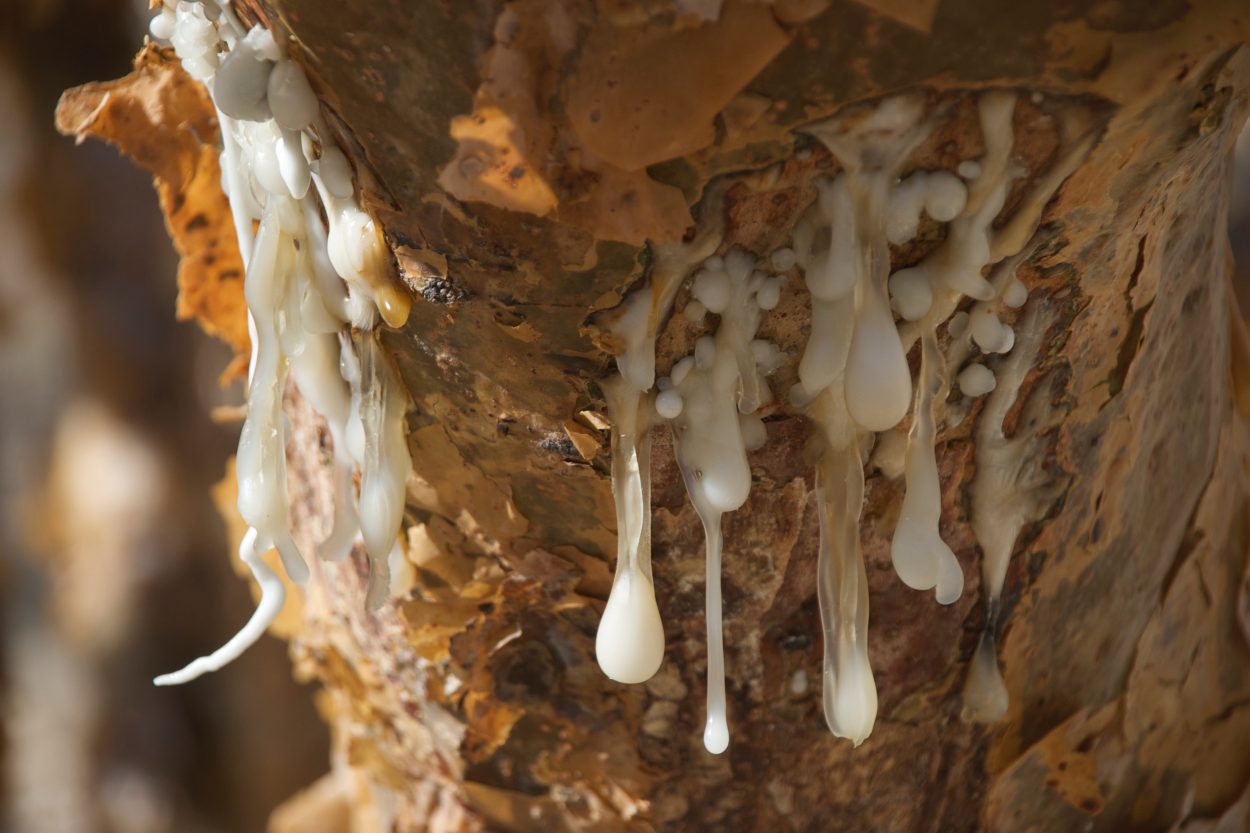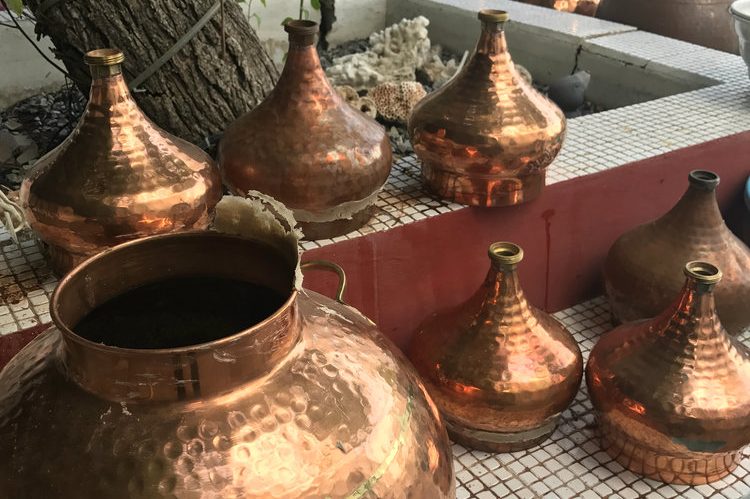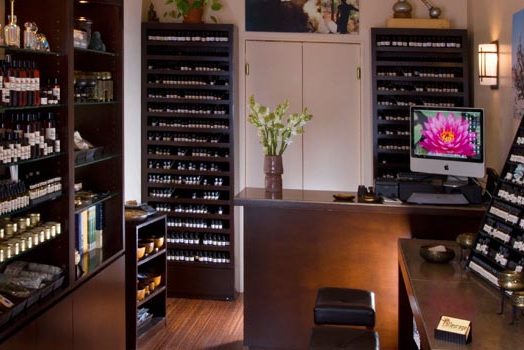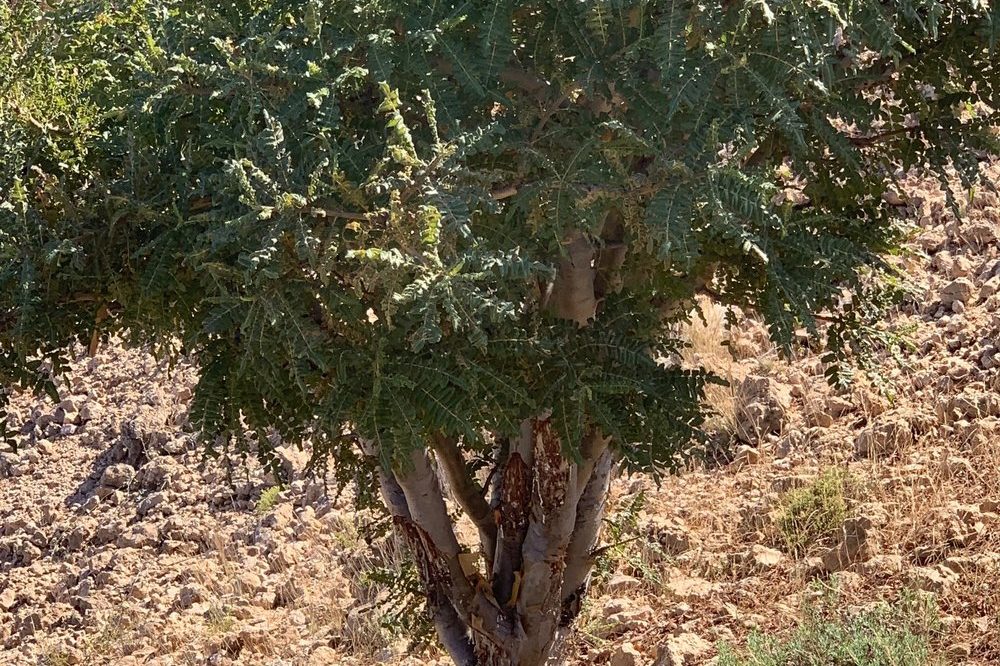Oils
About Jannah essential oils
We strive to bring you only the highest quality essential oils for your aromatherapy, culinary, vibrational or perfumery needs. Most of our oils are directly sourced from the farms and stills. We buy organic whenever feasible and otherwise rely mainly on small family farms, local gatherers, and small cottage industries. Many of our costlier oils are GC tested for purity and we grade our oils based on smell, taste, colour, and vibrancy as well. I travel through the world as much as possible to see growing practices and distillations for myself. Nothing is added to our essential oils and hydrosols. No preservatives, no isolates, no “enhancers”, no alcohol. What you get is the aromatic soul of the plant. Purely.
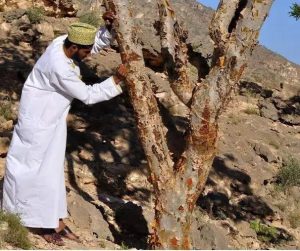 Are all our oils organic
Are all our oils organic
Not all oils are available with an organic certification. You should question anyone who claims all of their oils have it. The reasons are two-fold. One, some countries simply don’t have the infrastructure. Somali frankincense is a good example. The second reason is the cost. Many small producers cannot afford the high annual fee for certification. This has no bearing on whether pesticides were used or the state of the ground water. It’s just not affordable. In some developed countries such as France land is certified organic for wild gathering. This is really great, but it doesn’t diminish other wild harvests, which may occur in equally pristine areas but without the certification. Also, sometimes organic certification doesn’t really mean anything. If someone clears a patch of old growth forest, for example, and plants eucalyptus trees there instead, then perhaps, according to that country’s laws, nothing has changed, since the land is still covered with trees, despite it now being a monocrop of a foreign species. This area will not have had any pesticide usage, as it was forest, and now will not need any for eucalyptus. So technicially this land can be certified organic. Truly this happens
Where do the wild crafted oils come from
These botanicals are generally harvested from remote areas such as the Laurentian forest of Quebec, the Omani desert, the Himalayan foothills and the Lao jungle. In all cases the harvesters are local people with a direct interest in the harvest and their future. Every effort is made to insure that these harvests are legal and ethical, including any plants listed as endangered species.
What type of farms do we deal with
In most cases, we deal only with small, family farms, and co-ops. Most of these cannot offer organic certification, although most of them grow without pesticides or inorganic fertilizers. However, this is in all cases, a choice on the part of the farmer. It is nonsense to think that because someone lives in an undeveloped country and is poor, that they cannot afford fertilizers and pesticides. Those are the very people large companies such as Monsanto focus on. Toxic condiments are cheap.
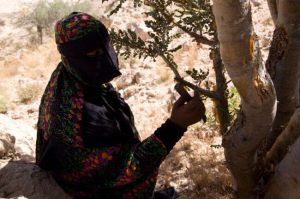 Do we offer “Therapeutic grade”
Do we offer “Therapeutic grade”
Yes, of course. But this is a meaningless statement as there is no standard explaining what that is. There are generally accepted terms of “food grade,” and “commercial grade,” and “pharmaceutical grade” but not “therapeutic grade.” Pharmaceutical grade is grown specifically for the pharmaceutical industry, and requires essential oils to be treated as medical products, with exact levels of constituents, and not much variation. This is at odds with the spirit of aromatherapy, and the wild and variable nature of the oils we deal with. Food grade should mean more than it does. Commercial grade is a very low standard (as far as natural therapies are concerned,) and allowances are made for adulteration and “nature identical.” We offer the best oils I can find; our standards are extremely high and all of our oils are pure, fresh, and possessing their therapeutic properties, as well as being suitable for culinary use where applicable. But I will not pretend that there is any “grading system” in place.
Absolutes, Essential Oils and Jannah
Technically, essential oils are water or steam distilled. Although we have a tendency to call all of the oils “essential oils” for convenience, these are three different things. The distillation process requires boiling, and water boils at 212º, (100C.) Some flowers won’t put up with this and their fragrance breaks down. The solution is to use a medium with a lower boiling temperature than water. This is usually hexane. The end product is called an absolute, and the scent is often bigger, richer and more complex than an essential oil. Absolutes are great for perfumery, not appropriate for culinary uses. Some people use them in aromatherapy, and some don’t. The argument is usually that absolutes retain some hint of hexane, which is not physically the case, but vibrationally it’s possible. Sometimes, you will find a hexane smell when you open the bottle of an absolute – this usually evaporates off quickly and is mostly found with absolutes from developing countries where the hexane quality standard is not so high. It’s up to you to decide for yourself if you want to include absolutes in your aromatherapy practice, but you won’t find a jasmine or carnation essential oil, just the absolutes. Enfleurage is our new extraction process and we are happy to offer oils made by a modern version of thia process. This involves a gentle coaxing of aromatic molecules into palm oil, which is allowed to saturate over time and then is washed with alcohol, which is then distilled to separate out the oil.
About our Incense
Our incense and exotics change frequently. We offer Japanese and Indian incense sticks but the majority of our incense is natural and in raw bulk form. Frankincense, Myrrh, Benzoin, Copal, and the like are exudates from trees and bushes. Bakhurs are local Arabian incenses from the Gulf. Sometimes we get small batches of something I find in Marrakech, perhaps. Or someone might bring me from Sudan. Or perhaps I might return with a sampling of Bakhurs from the Sana’a market in Yemen. And we have many varities of frankincense. And usually we have a few different agarwood grades as well. Most of these incenses need to be burned on charcoal.
The frankincense situation
There is no sufficient Omani frankincense gum available. This is due to a few circumstances. Some people say overharvesting. Some say climactic changes and there might be elements of both here but I think the main issue is that the Somali harvesters have been thrown out. Most of the world’s frankincense comes from Somalia and Somalis are the acknowledged experts for anything related to frankincense. Omanis as a rule don’t like the labour involved with harvesting frankincense. So the Somalis have traditionally done it. But a couple of years ago the Omani government started to send the Somalis back to their country. The trade, however, continues. There are plenty of small boats, dhows, bringing Somalia’s frankincense harvest to market. Remember, there is not much commerce in Somalia. The infrastructure of Somalia is a mess. Mogadishu is a ruin, and there is not much possibility of selling anything to an international market from there. So it’s better to just pack it into boats and sail up to Yemen or Oman with it. I’m not too sure about the legality of this trade, but it doesn’t really matter. The point is that most frankincense is Somali, and has a distinctive smell from the Omani. Most frankincense, even that found in the Salalah frankincense market, is Somali in origin, and I suspect even many of the vendors don’t know this. The resins look almost identical, and although there are differences, these have to be learned over time. It’s all sold as Omani, as local gum though. So even though it does exist, the supply of Omani resin is not reliable enough to supply big essential oil suppliers. I spend most of my time in Salalah, distilling frankincense, and I can say that I would be surprised if anyone else had this oil as it takes lots and lots of time.
Animal products
We don’t usually have these, due the way these are “harvested.” As far as I know, all extractions of musk, castorum, and civet are cruel and not something we will support. I do not believe in the stories of “ethically harvested” musk or “cruelty free”civet. However, when animal products can be gathered, then we are delighted to have them. Ambergris is usually found on beaches, although I think perhaps the whaling industry, especially in Japan, may also seek ambergris. But our ambergris is Arabian. The other animal product we carry is African Stone which is the concentrated fecal matter of Africa’s Rock Hyrax.
More useful information
I travel through the world as much as possible to see growing practices and distillations for myself.
Prices can change without notice The essential oil market is a volatile one! Planetary conditions and the dynamics of climate, whether political or geographical can play havoc with availability and prices.

 Are all our oils organic
Are all our oils organic Do we offer “Therapeutic grade”
Do we offer “Therapeutic grade”